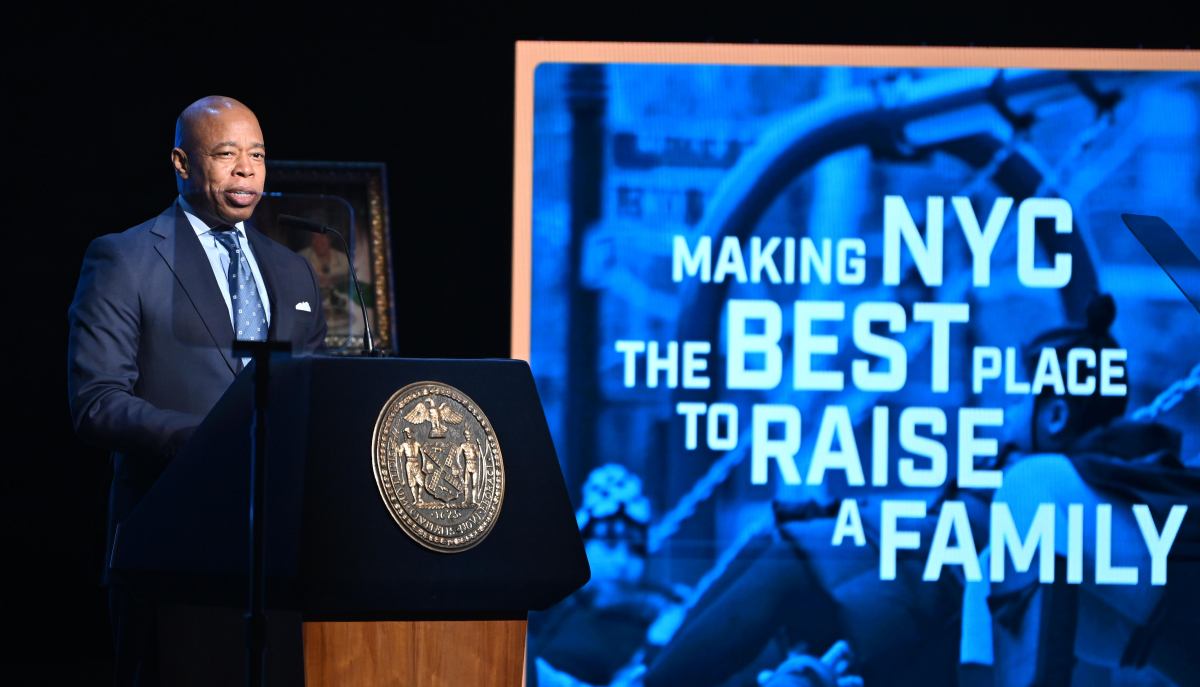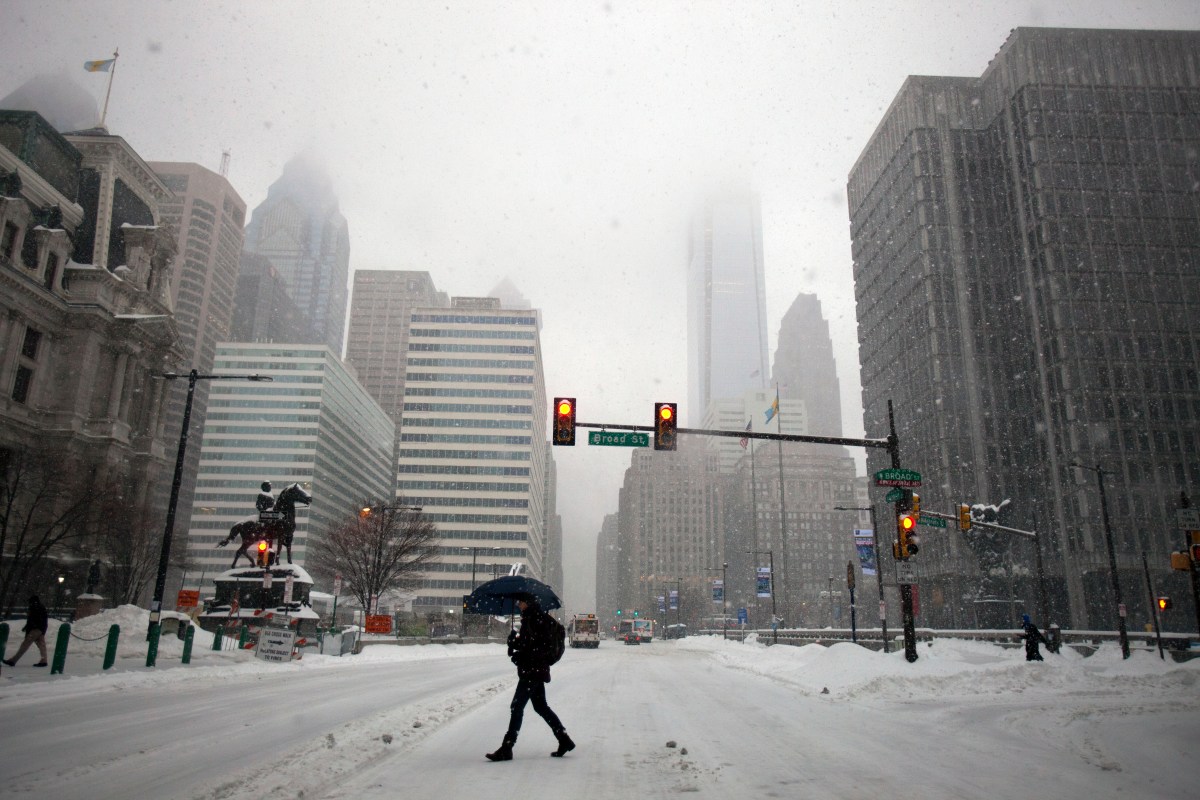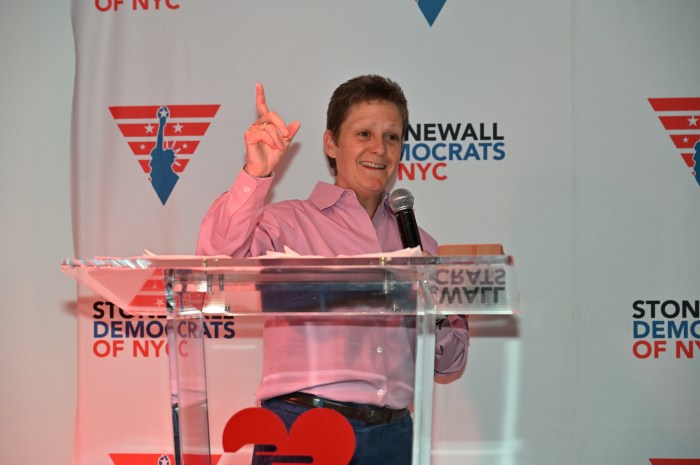By Lizbeth Diaz
COLONIA LEBARON, Mexico (Reuters) – Members of a breakaway Mormon community tucked in the hills of northern Mexico buried the last of their dead on Saturday after a devastating massacre, and some headed for safer ground in the United States.
Hundreds of friends and family from both sides of the U.S.-Mexico border gathered in rural Colonia LeBaron to honor Christina Langford, who died in an ambush on Monday that killed nine. Family members say she exited her car with her arms outstretched to signal she was not a gang member – but not before wedging her infant daughter’s car seat on the floor of the vehicle.
The baby, Faith, was found unharmed in the bullet-riddled sport utility vehicle.
In a simple wooden church, pews were packed for a service that brought to a close three straight days of funerals. At the center of the altar, an arrangement of white flowers spelled the word “Mommy.”
“She brought light wherever she went,” said Grecia Yuvel LeBaron, a friend of Langford’s. “We grew up together and thought that we would be friends forever.”
With the rites of mourning behind them, many in the community are now at a crossroads, unsure whether they are willing to risk staying in Mexico after the murders shattered their sense of safety.
Adrian LeBaron, 58, the father of Rhonita Miller LeBaron, who was shot dead along with four of her children, said his son-in-law Howard Miller was heading to North Dakota with his surviving children to be with his parents and to work in the state, as he had done in the past.
“Of course they’re going to go where the parents are,” said LeBaron. “Poor Howard, what else can he do?”
But he insisted Miller’s ties to Mexico remain strong.
“He is going there to work, don’t confuse someone seeking their livelihood with fleeing,” said LeBaron. “His heart, his soul remains in La Mora.”
LeBaron stressed that he personally has no plans to leave La Mora.
But Guadalupe Retana, who lives in a town outside La Mora and worked with the Langford family for many years, said she is worried about her future after the attacks.
“What we feared has begun to happen. I am officially unemployed,” she said. “Today, various people began leaving La Mora.”
Langford, too, lived in the La Mora village, but she was buried in LeBaron, which acquaintances said was her husband’s hometown.
Tucked away in the fertile valleys of the Sierra Madre mountains a few hours drive south from the U.S. border, the communities stem from the late 1800s, when upheaval over polygamy in the Utah-based church led to their founding.
Shrouded in fog on Saturday morning, LeBaron showed its roots, with some aging buildings appearing to be straight from a Wild West movie set. LeBaron is scattered with signs touting religious life but also advertisements for rodeos featuring alcohol, hinting at traces of secularism.
Agriculture is a pillar of the local economy and culture, and pecans are among the main crops, with children often helping collect the nuts on their families’ property. Many families send their sons to the United States to work when they get older, though they maintain deep roots in Mexico.
While fears of further violence may send some north, Rosa LeBaron, 65, said she had no doubt the tragedy would bring their community closer.
“The size of the caravan that you see reflects the tremendous love there is between us,” said LeBaron, whose cousins, nieces and nephews were killed in the attacks, referring to the many mourners who attended the funerals.
(Reporting by Lizbeth Diaz; Additional reporting by Andrew Hay; Writing by Julia Love; Editing by Daniel Wallis)























